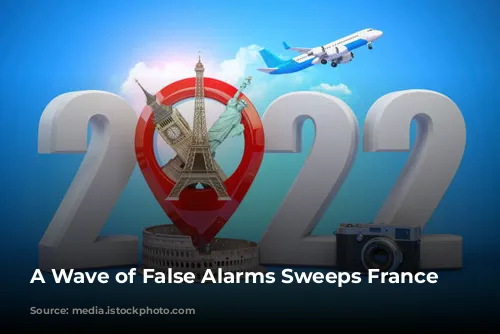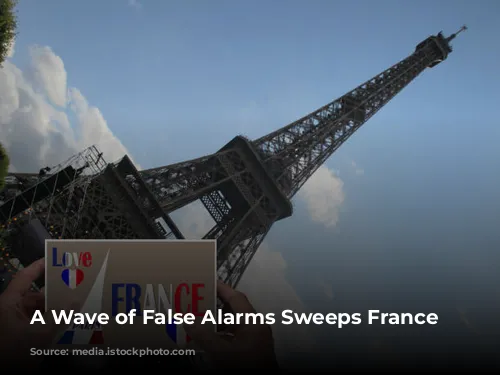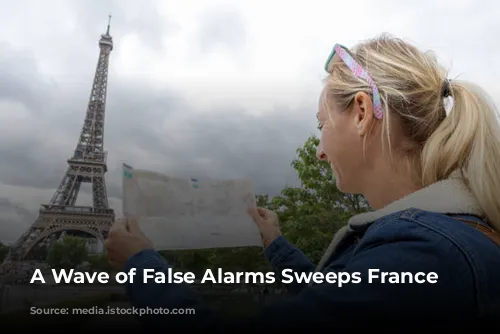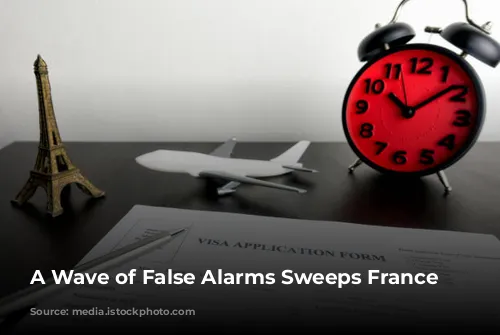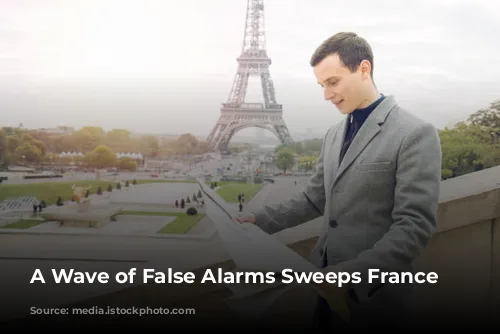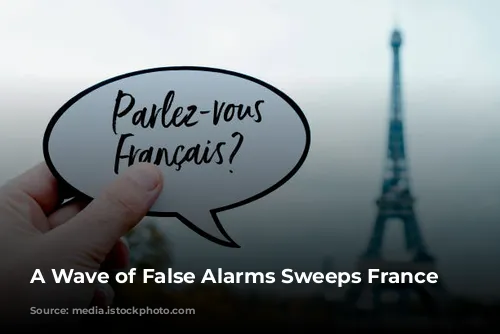France has been caught in the grip of a string of false bomb threats, disrupting daily life and straining security resources. From the majestic Palace of Versailles to bustling airports and even a nuclear research facility, these fake alerts have sent shockwaves across the nation.
This unsettling trend began last Saturday, and the authorities are growing increasingly frustrated.
These false alarms have had a ripple effect, causing widespread disruption and panic. Airports have been forced to evacuate, leading to flight cancellations and delays. Schools have been shut down, and students have been sent home. The Palace of Versailles, a beloved tourist destination, has been evacuated on multiple occasions, disrupting the flow of visitors.
It’s not just a matter of inconvenience; these false alerts also pose a serious risk to public safety. If a real threat were to occur, the authorities might be less vigilant due to the constant barrage of false alarms.

Cracking Down on the Culprits
In an effort to curb this alarming trend, the French government is taking a tough stance. Interior Minister Gerald Darmanin has emphasized that these pranks are not harmless jokes. He has vowed to track down those responsible, using “enormous means” to identify their phone numbers and addresses.
The authorities are determined to hold those responsible accountable. They have already detained 18 individuals, most of whom are minors. Justice Minister Eric Dupond-Moretti has branded the perpetrators “little jokers, little clowns,” warning them of the severe consequences of their actions.
Under French law, prank calls can result in up to three years in prison and fines of 45,000 euros. Minors’ parents could be held liable for damages caused by their children’s actions, and the names and phone numbers of student pranksters will be shared with the National Education system.

A Shared Responsibility
The authorities are not alone in their fight against this growing problem. They are urging the public to cooperate in identifying and preventing these false alarms. Airports, schools, and other public spaces are taking extra security measures to ensure the safety of visitors and staff.
The French people are being asked to stay vigilant and report any suspicious activity. This collaboration is crucial to restoring a sense of security and normalcy.
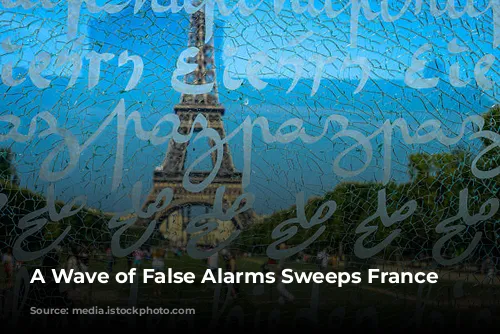
Adapting to the New Reality
While the government is taking steps to deter future threats, the authorities acknowledge that there is no easy fix. Airports, in particular, are faced with the challenge of balancing security measures with the need to maintain operations.
The constant threat of false alarms requires a new level of adaptability. Airports are being forced to adapt to the new reality, adjusting their security protocols and procedures to minimize disruption.
Despite the challenges, the French government and the public are determined to stand united against these false alarms. They are working together to restore order, ensure public safety, and send a clear message that these pranks will not be tolerated.
